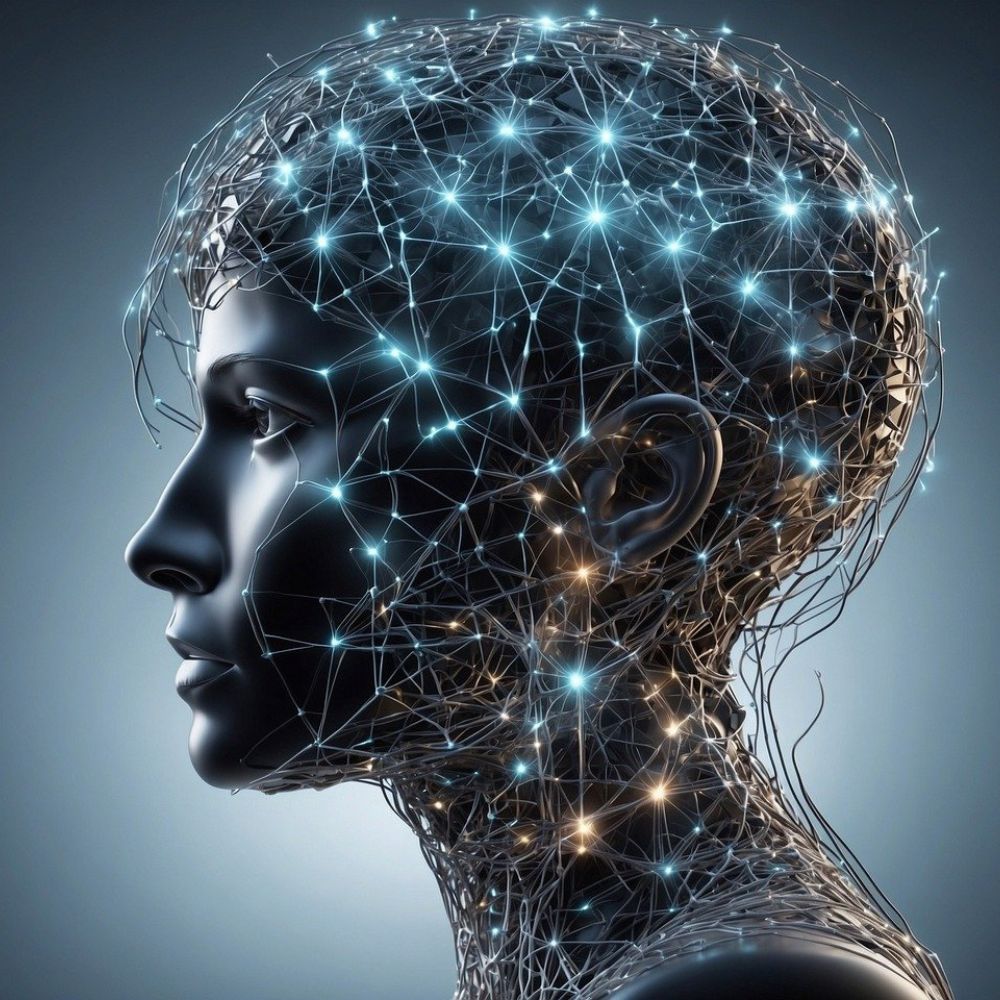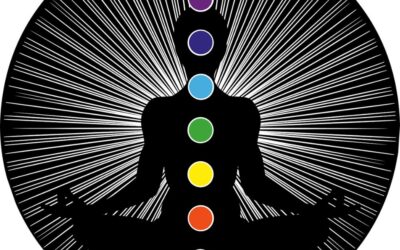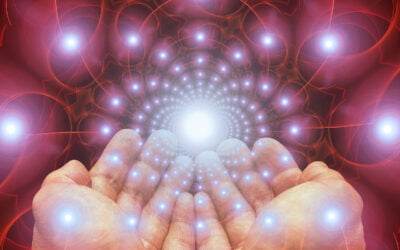Addiction is a disease that affects the brain in many ways – chemically, structurally and functionally. Knowing how long it takes to rewire the brain from addiction is key for those in recovery. This post will go into the process of brain rewiring and the factors that affect the timeline and how to speed up recovery.
Addiction and the Brain
What is addiction?
Addiction is a chronic relapsing disorder characterized by compulsive drug seeking behavior despite negative consequences. It can involve substances like alcohol, opioids and stimulants as well as behaviors like gambling. Addiction is medically referred to as a substance use disorder (SUD).
How Addiction Affects the Brain
Addiction affects the brain big time, primarily the reward system. Here’s how:
- Brain Chemistry: Addictive substances alter the levels of neurotransmitters, particularly dopamine which is responsible for feelings of pleasure and reward.
- Neural Pathways: Long term substance use rewires the brain’s neural pathways making it harder to experience pleasure from natural rewards.
- Brain Structure: Chronic drug use can cause structural changes in the brain, particularly in areas involved in decision making, impulse control and memory.
Brain Areas Affected by Addiction
- Prefrontal Cortex: Decision making and impulse control. Addiction impairs function, poor judgment and impulsivity.
- Nucleus Accumbens: Central to the reward circuit. Addiction increases dopamine release here, reinforces the behavior.
- Amygdala: Emotion regulation. Addiction increases stress and anxiety responses.
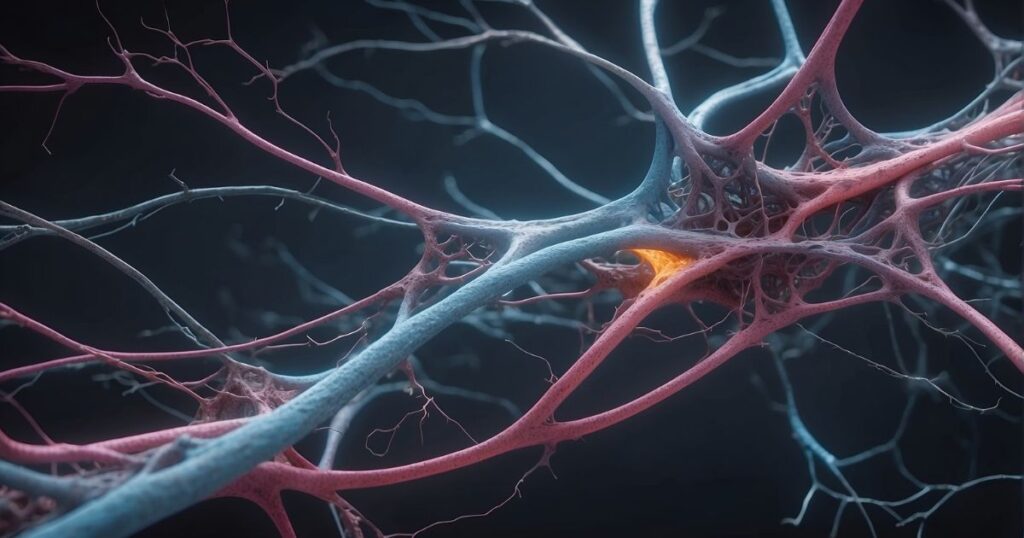
| Brain Area | Function | Impact of Addiction |
|---|---|---|
| Prefrontal Cortex | Decision-making, impulse control | Impaired judgment, increased impulsivity |
| Nucleus Accumbens | Reward, pleasure | Heightened dopamine release, reinforcing addictive behavior |
| Amygdala | Emotion regulation | Increased stress and anxiety |
Brain Rewiring in Addiction Recovery
What is Brain Rewiring?
Brain rewiring is the brain’s ability to adapt and form new neural pathways, a process called neuroplasticity. This is key in addiction recovery, so the brain can heal and get back to a healthier state.
How long to rewire brain from addiction?
The timeline to rewire the brain from addiction varies greatly and is affected by:
- Type of Addiction: Different substances affect the brain differently. For example, alcohol addiction may have a different timeline than opioid addiction.
- Duration of Abuse: Longer term substance use generally causes more changes in the brain, more time to recover.
- Individual Differences: Genetics, overall health and presence of mental health issues can all impact the rewiring process.
Timelines
- Short-term: Changes and improvements can be seen within weeks to a few months as withdrawal symptoms subside.
- Long-term: Long term recovery can take several months to years as the brain forms new healthier neural pathways.
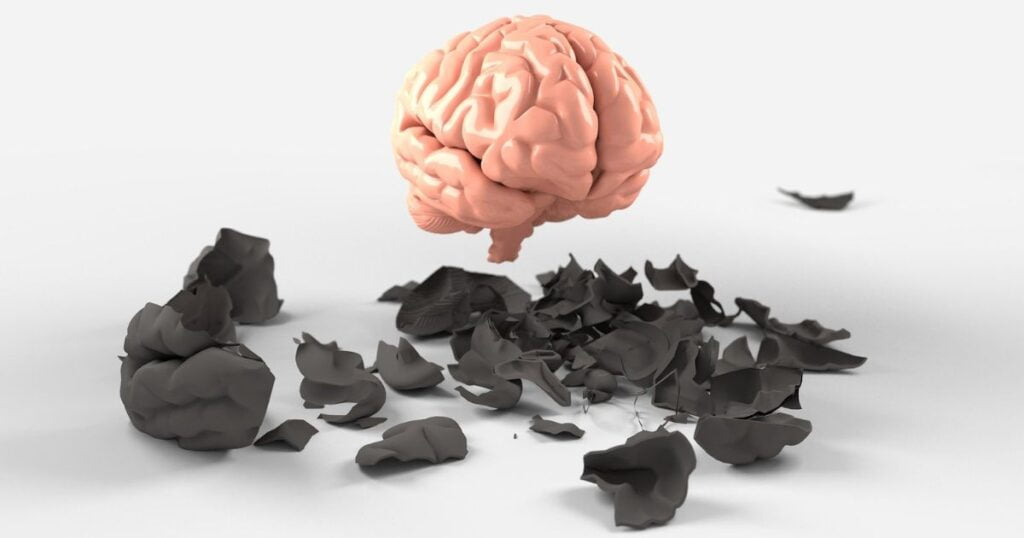
Early Rewiring
The early stages of rewiring are often marked by withdrawal symptoms which include anxiety, depression and cognitive impairment. These symptoms are the brain’s initial attempts to adjust to the absence of the addictive substance.
- Detoxification Phase: This initial phase can last from a few days to a couple of weeks depending on the substance. During this time the brain is adjusting to the absence of the drug and withdrawal symptoms occur.
- Acute Withdrawal: Irritability, mood swings and cravings are common. This phase can last several weeks and is critical for the brain’s initial rewiring.
Long term rewiring
In the long term the brain continues to adapt. This is:
- Ongoing Neural Changes: New neural pathways for healthier behaviors.
- Lifestyle Adjustments: Healthy coping mechanisms and avoiding triggers.
- Support Systems: Support groups and therapy.
| Phase | Duration | Key Changes |
| Detoxification | Few days to weeks | Initial withdrawal symptoms, brain begins to adjust |
| Acute Withdrawal | Several weeks | Irritability, mood swings, cravings |
| Long-Term Recovery | Months to years | Formation of new neural pathways, lifestyle adjustments |
Rewire Faster
Behavioral Therapies and Counseling
Behavioral therapies are key to rewiring the brain. Cognitive-behavioral therapy (CBT) for example helps individuals understand and change their thought patterns which leads to healthier behaviors. Group therapy and support groups provide emotional support and shared experience which is invaluable in recovery.
- Cognitive-Behavioral Therapy (CBT): Identifies and changes negative thought patterns. Studies show CBT can change brain function.
- Dialectical Behavior Therapy (DBT): CBT with mindfulness techniques. Good for individuals with co-occurring mental health issues.
- Motivational Interviewing (MI): Helps individuals find internal motivation to change. Useful in early recovery.

Energy Healing Therapies by Yair Sagy
Energy healing therapies like those offered by Yair Sagy balance the body’s energy systems for healing and wellness. Yair Sagy an experienced energy healing therapist uses techniques that can be used in conjunction with traditional behavioral therapies for a holistic approach to recovery.
- Energy Balancing: Techniques to balance the body’s energy fields which can reduce stress and improve emotional well-being.
- Holistic Approach: Yair Sagy’s methods address physical, emotional and spiritual root causes of addiction.
- Complementary Therapy: Energy healing can be used in addition to traditional therapies.
- Yoga & Qi Gong: Methods to harmonize the neurological system through breathing practices, conscious movement and meditation.
Visit Yair Sagy’s website for more information.
Medication-Assisted Treatment (MAT)
Medication-assisted treatment (MAT) combines medications with counseling and behavioral therapies. This helps manage withdrawal symptoms and cravings so the brain can rewire. MAT has been shown to increase patient survival, treatment retention, reduce illicit opiate use and other criminal activity among individuals with substance use disorders. Consult with a healthcare provider or addiction specialist to determine the right medications and treatment for you.
- Consult a Specialist: Always consult a healthcare provider or addiction specialist to determine the best MAT for you.
- Combination: MAT is most effective when used with behavioral therapies and counseling.
- Benefits: Reduces withdrawal symptoms, decreases cravings, improves treatment outcomes.
Healthy Choices
Healthy choices can rewire the brain faster:
- Sleep: Quality sleep is brain health and cognitive function.
- Diet: A balanced diet provides brain nutrients.
- Exercise: Physical activity improves mental health and new neural pathways.
- Stress: Mindfulness and meditation can improve mental health and reduce stress for brain rewiring.
- Please check IBA free course: Stress reduction in 5 simple steps.
- And to learn effective types of meditation for stress reduction.
Ongoing Support and Follow-Up
Long term recovery requires ongoing care from mental health professionals and addiction specialists. Regular check-ins and follow-ups can catch any emerging issues and keep the brain healing.
- Follow-Up Appointments: Check-ins with healthcare providers to monitor progress.
- Support Groups: AA or NA groups for ongoing peer support.
- Relapse Prevention Programs: Structured programs with strategies and support to prevent relapse.

Mental Health in Addiction Recovery
Co-Occurring Mental Health Issues
Many individuals with addiction have co-occurring mental health disorders like depression and anxiety. An integrated treatment that addresses both addiction and mental health is key to recovery.
- Dual Diagnosis Programs: Programs that treat both addiction and co-occurring mental health disorders at the same time.
- Therapies: Medication management with CBT and DBT for both conditions.
Recovery and Mental Health
Mental health is important during recovery. Self-care, emotional support and fulfilling activities can boost mental health.
- Self-Care Practices: Yoga, meditation, journaling.
- Emotional Support: Building a support network of friends, family and mental health professionals.
- Fulfilling Activities: Hobbies and activities that bring joy and satisfaction.
Testimonials and Case Studies
Rewiring the Brain
Hearing from others who have rewired their brains can be powerful. For example, John, a former opioid addict, says, “It took about a year of therapy and support but I finally feel like myself again. My mind is clear and I can enjoy life without substances.”
Challenges and Stumbles
Recovery isn’t without challenges. Common challenges are relapses and emotional setbacks. But with the right tools and support these can be overcome.
- Relapse: A part of the recovery journey. Knowing relapse is part of the process and not a failure.
- Emotional Setbacks: Dealing with underlying emotional issues that come up during recovery. Therapy and support groups can help with these.
Summary
Rewiring the brain from addiction is a long term process. It takes time, patience and a multi-faceted approach of behavioral therapies, medication, healthy lifestyle and ongoing support. By understanding the process and committing to it you can achieve long term recovery and a healthier happier life.
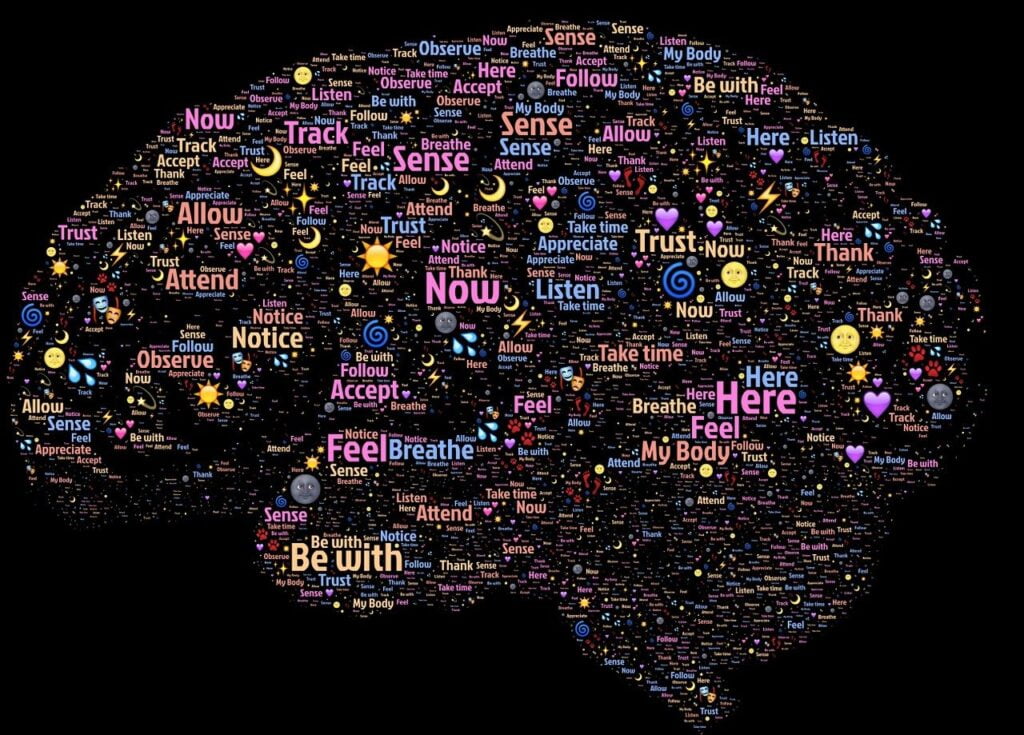
FAQs
How does substance misuse affect the brain’s ability to rewire?
Substance misuse changes brain chemistry and neural pathways making it harder for the brain to experience pleasure from natural rewards. This slows down the rewiring process.
Can the brain fully recover from addiction?
The brain can heal and adapt but some changes may be permanent. But with long term recovery you can live a healthy happy life.
What role do support groups play in the brain rewiring process?
Support groups provide emotional support, shared experience and practical advice all of which are important for the brain’s rewiring process.
How do different substances affect the brain’s rewiring timeline?
Different substances affect the brain in different ways. For example, opioids can cause more severe changes in brain chemistry than alcohol and affect the timeline of recovery.
Is rewiring lifelong?
While you can see significant changes in months to years, having a healthy brain is a lifelong process. Ongoing support and healthy lifestyle choices are key to long term recovery.
More
- Course by IBA to reconnect with the vitality and zest for life: You Are Here To Shine
- Join the Aura Health meditation App with this unique Guest Pass
By understanding and committing you can achieve long term recovery and a healthier happier life.
